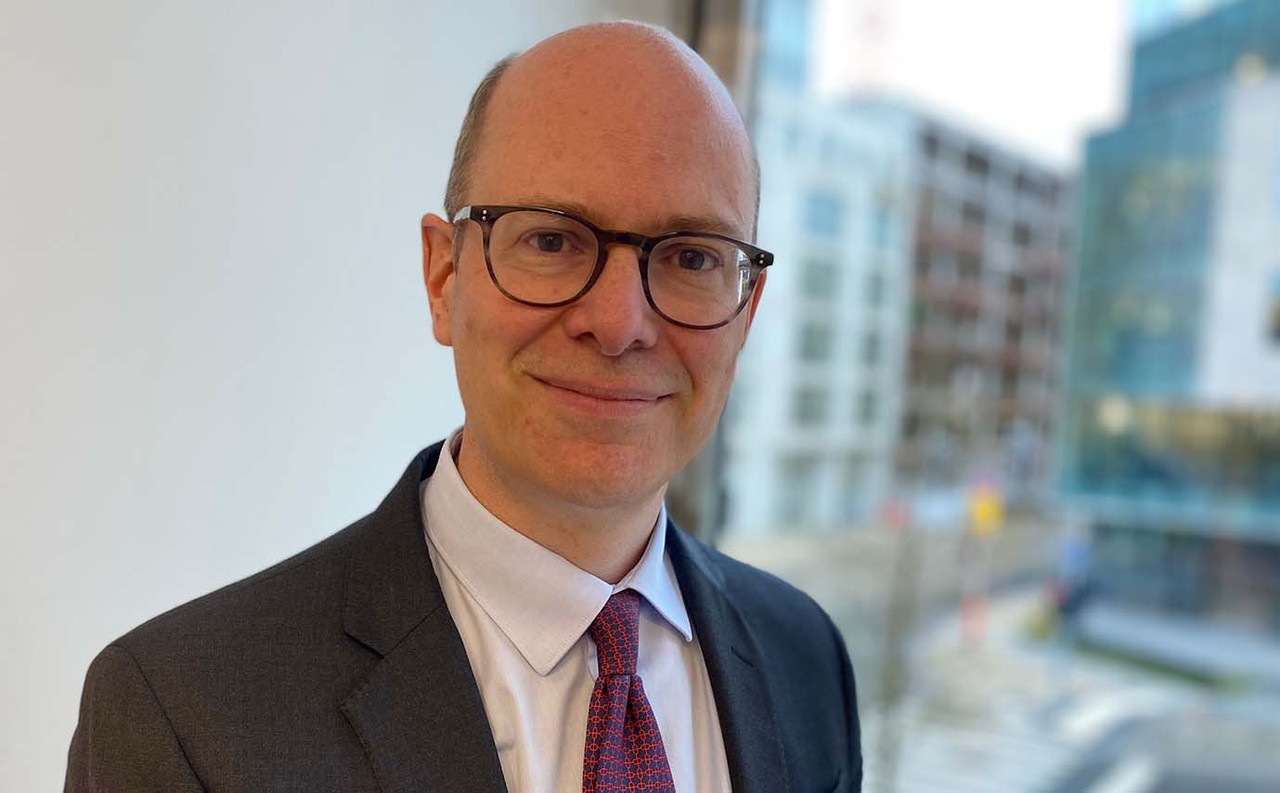The highlight of the 2021 financial year, and one that will weigh heavily on its accounts, is . The fate of the former Bank am Bellevue is sealed. The operation, which employed 87 people, will be liquidated.
In the end, Quintet’s Swiss adventure will have cost the bank a little more than €70m, according to, group CFO of Quintet Private Bank. That is €20m for the 2020 and €50m for the 2021 financial years. The adventure would not have ended without the pandemic, insisted the CFO. But faced with high fixed costs and a lack of profitability, the decision was taken to direct Quintet’s growth investments elsewhere. “A difficult decision.”
Harvey said that in addition to the Swiss decision, the 2021 financial year was marked by continued commercial development, “and therefore a demonstration of the relevance of our value proposition”.
Business development
The figures support this. Year-on-year, total revenues rose by 3% to €460.8m, with net commission income up 11% to €348m. The loan portfolio reached €4.5bn (+25%) and total client assets amounted to €96.6bn (+14%), “the highest level for 10 years”.
Expenses remained stable at €504.6m, the bank said on Friday.
Expenses include investments from the 5-year development plan initiated in 2019 by the bank. That is €50m for the financial year. This plan provided for the merger of the European banks into a single entity and major investments in IT, including the modernisation of the banking platform, the financing of the group’s geographical expansion and a rash of recruitment of several sales people. Over the year, the Quintet group recruited 350 people, including 100 private bankers. That is roughly the same number who left the firm. The idea is to find the right balance between sales and support functions, with sales people in the field and support functions concentrated in the grand duchy.
When we launched our 5-year development plan, it was clear from the start that we were heading for several loss-making years.
“When we launched our 5-year development plan, it was clear from the outset that we were heading for several loss-making years," Harvey said in an interview. He indicated that operational equilibrium should be restored by 2022. That is if the overall situation remain stable, particularly on the geopolitical front.
Quintet’s shareholder, Precision Capital, seems to still have confidence in the private bank. It injected €60m in new money into the bank in 2021. This brings the total amount of capital brought into Quintet since the takeover in 2012 to €350m. The last profit recorded by the bank was in 2018, when it posted a profit of €0.8m, down sharply from €35.2m in 2017. In 2019, it lost €43.7m.
The capital injection allows Quintet to present a Basel III core capital ratio (CET1) of 18% and a liquidity coverage ratio of 138.5% at year-end. Those ratios are “well above regulatory thresholds,” he said.
For 2022, Harvey expects the bank’s revenues to continue to grow and expenses to be kept under control despite continued investment.
Nordic and climate ambitions
However, the experience in Switzerland has not curbed the desire for geographic expansion. Quintet has just expanded its workforce in the UK after recruiting a team of 15 people and will accelerate its development in the Nordic countries by taking advantage of . Unlike the Swiss market, which had a full bank, Quintet will henceforth favour the branch format when entering a new market, which has the advantage of requiring fewer fixed costs. Commercial activities will be carried out “more than ever” locally with increasing support from teams in Luxembourg--”a hub model”. Without giving a timetable, Harvey mentioned projects in Sweden and Finland.
The bank also intends to pursue its commitment to sustainable investment. Responsible assets under management reached €11.7bn at the end of last year, an increase of almost 100%, from €5.9bn, at the end of 2020. Harvey stated: “This growth has been driven by a series of partnerships aimed at delivering innovative investment solutions to clients that help mitigate the impact of climate change. This trend continued in the first quarter of this year, as the --the world’s first climate-neutral multi-asset investment fund--and then partnered with The Royal Mint in the UK to launch the use of recycled gold in an exchange-traded product.”
Originally published in French by and translated for Delano

